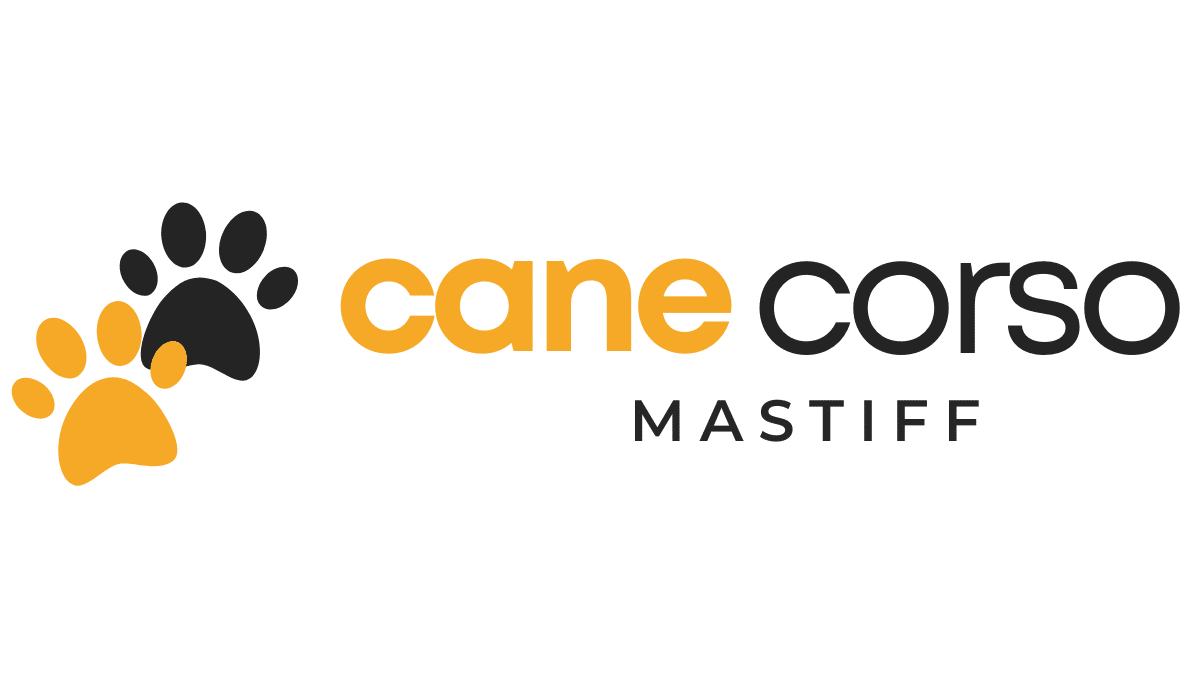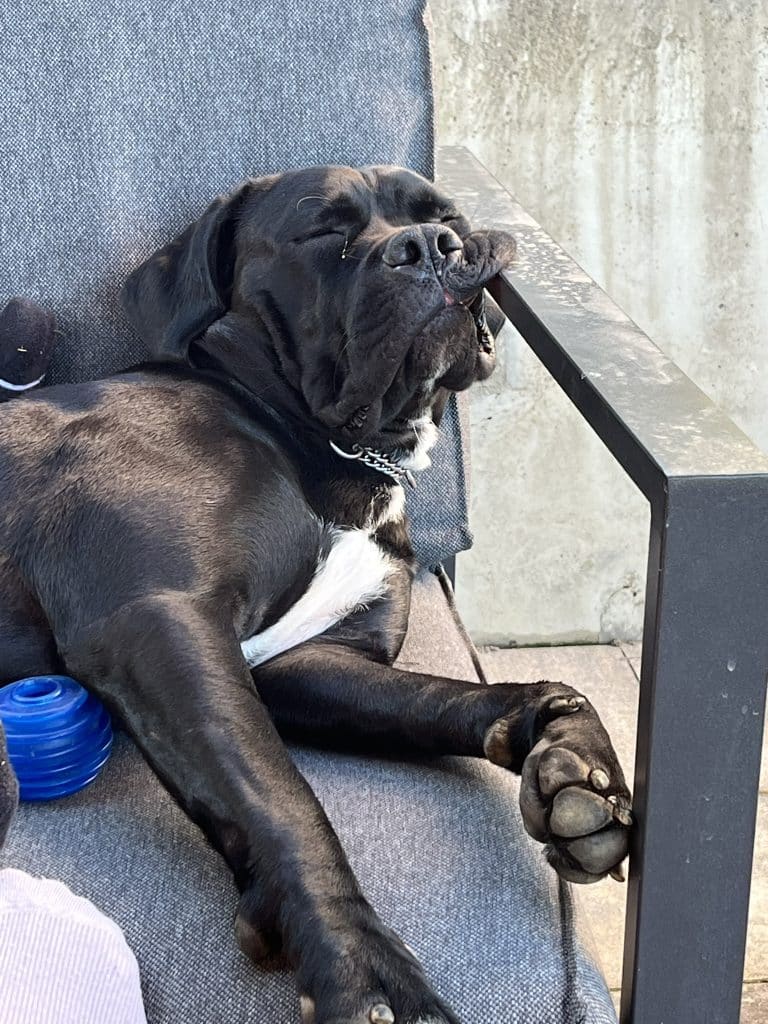Over time, effective socialization of your Cane Corso in a diverse environment becomes crucial for developing their confidence and ensuring they are well-adjusted. Proper exposure to various people, animals, and situations helps prevent aggression and anxiety, which can arise from unfamiliar experiences. This blog post will guide you through proactive strategies to create safe and positive interactions, ultimately fostering a balanced temperament in your loyal companion. With the right approach, your Cane Corso can thrive amid diversity, becoming a wonderful addition to your home and community.
Key Takeaways:
- Expose your Cane Corso to a variety of people, animals, and environments from a young age to promote adaptability.
- Positive Experiences are vital; reward your dog with treats and praise during socialization to create a positive association.
- Gradual Introduction ensures your Cane Corso remains calm and confident; avoid overwhelming situations and progressively increase exposure to new stimuli.
How to Begin Socialization Early
A proper socialization journey for your Cane Corso starts during their puppy stage. Early exposure to different environments, people, and other animals lays the foundation for a well-adjusted adult dog. This initial period is significant in molding your pup’s behavior and temperament.
Tips for Early Exposure
Assuming you want to ensure a positive experience, consider the following tips:
- Introduce your pup to various people, including children and the elderly.
- Encourage encounters with different animals, from dogs to cats.
- Expose your Cane Corso to diverse environments, such as parks, busy streets, and pet stores.
- Utilize training classes specifically designed for socialization.
Thou shall provide these opportunities consistently to foster confidence.
Factors to Consider for Different Age Groups
You need to be attentive to the varying needs of your Cane Corso as they age. Puppies require gentle exposure, while adolescent dogs benefit from increased interaction with other pets and experiences:
- Puppy stage: Limited yet frequent exposure to new experiences.
- Adolescent stage: Heightened social interactions and training environments.
- Adult dogs: Maintenance of social skills and ongoing challenges.
This approach tailors the socialization process according to their development.
Socialization is a continuous process that evolves with your Cane Corso’s stages of life. In their early life, emphasize controlled experiences, using positive reinforcement to teach them how to interact positively with their surroundings. During adolescence, aim for structured playdates and group training sessions to enhance their learned behaviors. As they reach adulthood, maintain their social exposure through regular outings and engagement with different environments. This ensures they grow into a well-rounded, adaptable canine companion.
How to Introduce Your Cane Corso to New Environments
Clearly, introducing your Cane Corso to new environments requires a systematic approach. Start by selecting calm, less crowded settings where your dog can gradually acclimate. Use positive reinforcement to reward your Cane Corso for calm behavior as it encounters new sights, sounds, and smells, helping your dog feel secure and confident.
Tips for Diverse Settings
Cane Corsos thrive in adaptable environments, making it imperative to gradually expose them to various settings. Here are some tips:
- Begin with familiar surroundings to build confidence.
- Engage with different people and pets to enhance social skills.
- Use positive reinforcement to encourage open-mindedness.
Recognizing the importance of patience in this process will ensure a smoother transition for your Cane Corso.
Factors Influencing Adaptability
On your dog’s journey to becoming adaptable, various factors play a significant role. These include your Cane Corso’s age, previous experiences, and inherent temperament. Additionally, the amount of socialization it receives during its early development sets the foundation for adaptability. Understanding these factors ensures that you can create a supportive and nurturing environment for your pup.
- Temperament significantly affects how your dog reacts.
- Socialization during early life shapes behavior.
- Age can impact how quickly your dog adapts.
Assume that addressing these elements will improve your Cane Corso’s adaptability to various environments.
How to Use Positive Reinforcement Techniques
To effectively socialize your Cane Corso in a diverse environment, leverage positive reinforcement techniques. By rewarding your dog with treats, praise, or playtime for exhibiting desirable behaviors, you encourage them to repeat those actions. This approach creates a positive association with new experiences, helping your pup remain calm in various situations.
Tips for Encouraging Good Behavior
One of the best ways to promote positive behaviors in your Cane Corso is to incorporate specific strategies during socialization. Use the following tips:
- Be consistent with rewards.
- Start with low-distraction settings.
- Gradually increase exposure to diverse environments.
- Practice patience and understanding.
Knowing these tips will aid in building a strong bond and trust with your dog.
Factors Affecting Learning and Retention
Positive reinforcement is influenced by several factors that can impact your Cane Corso’s learning and retention. These include:
- Your dog’s age and maturity level.
- Consistency in your training approach.
- The type of rewards you use.
- The environment where training occurs.
Knowing these factors will help you tailor your methods for optimal results.
With an understanding of the factors that influence learning and retention, you can better shape your Cane Corso’s socialization experience. For instance, a young puppy may require different techniques than an older dog. Additionally, ensuring consistency in your approach will greatly enhance their ability to learn. The type of rewards, such as high-value treats or interactive toys, can also make a significant difference. Lastly, training in familiar settings can aid retention. Knowing these aspects allows you to create an effective training plan that considers your dog’s unique needs.
How to Monitor Social Interactions
Your ability to monitor social interactions is vital for fostering a well-adjusted Cane Corso in diverse environments. Observing your dog during interactions not only helps identify comfort levels but also prevents potential conflicts. Always be attentive to body language and vocalizations, ensuring a positive experience for everyone involved.
Tips for Supervised Play Dates
Any time your Cane Corso has a play date, ensure it’s a supervised environment to promote safe interactions. Consider the following tips:
- Your Cane Corso’s personality should match playmates
- Choose a neutral location to avoid territorial behavior
- Introduce new dogs slowly to gauge reactions
- Always have treats on hand for positive reinforcement
This approach will enhance their social skills and foster a positive relationship with other dogs.
Factors That May Trigger Aggression
On your journey to socializing your Cane Corso, it’s vital to identify factors that may trigger aggression. Be aware of these components:
- Changes in environment can provoke an aggressive response
- Presence of unfamiliar dogs may increase tension
- Overstimulation from too many people can lead to discomfort
- A lack of positive experiences with other pets may cause fear
Assume that any changes are potential triggers and manage your Cane Corso’s exposure carefully.
The interaction dynamics of your Cane Corso can quickly shift due to varying factors. Familiarize yourself with scenarios that provoke aggression, such as:
- Crowded spaces may overwhelm your dog
- A barking dog may lead to defensive reactions
- Unpredictable behavior in other animals can heighten tension
- The presence of children may trigger their protective instincts
Assume that your Cane Corso’s response is a reflection of their comfort level, and adjust your approach as needed.
How to Gradually Increase Socialization Challenges
Unlike a sudden exposure to new environments, gradually increasing socialization challenges helps your Cane Corso adapt more effectively. Start with familiar situations, then slowly introduce more complex scenarios, such as crowded parks or group trainings. This incremental approach allows your dog to build confidence while learning how to handle diverse social settings.
Tips for Expanding Exposure
Assuming you are ready to expand your Cane Corso’s exposure, consider these strategies:
- Visit
- Engage
- Attend
Knowing when to challenge your dog and when to ease back is vital for healthy development.
Factors for Individualized Approaches
Tips for tailoring your socialization strategy hinge on your Cane Corso’s unique temperament and past experiences:
- Assessbehavior in different environments.
- Identifytriggers that elicit fright or excitement.
- Adjust
This customized approach maximizes positive outcomes from socialization efforts.
Socialization is a vital process that involves critically understanding your Cane Corso’s needs. You should observe changes in behavior in various situations to tailor your approach. The frequency of exposure, positive reinforcement techniques, and respecting your dog’s comfort levels will help foster a strong bond between you and your Cane Corso. This enhances confidence and reduces the risk of fearfulness in new encounters.
How to Assess Socialization Progress
For effective training, it’s important to frequently assess how your Cane Corso is adapting to their environment. Consider joining communities like the Cane Corso Puppy Training Club of America to share experiences and insights with fellow owners. Regular evaluations can highlight your dog’s growth and areas that may require further attention.
Tips for Observing Behavioral Changes
Socialization is an ongoing process, and observing your Cane Corso’s behavior can provide valuable insights. Pay attention to:
- Relaxed body language
- Interest in new stimuli
- Positive interactions
Perceiving these changes can help you adjust your training approaches effectively.
Factors Indicative of Successful Socialization
You should pay close attention to various indicators that signify your Cane Corso is socializing successfully. Look for:
- Calmness in new situations
- Willingness to explore
- Positive response to strangers
This awareness helps you gauge your dog’s comfort in diverse environments.
A solid evaluation of successful socialization involves more comprehensive observation. Watch for:
- Engagement in play with other dogs
- Ability to handle unfamiliar sounds
- Reduced anxiety during outings
This process will ultimately lead you to a well-adjusted Cane Corso, ready to thrive in various settings.
To wrap up
Hence, to ensure proper socialization for your Cane Corso in a diverse environment, expose your dog to various people, pets, and settings from an early age. Enroll in obedience classes, organize playdates, and visit different parks to foster positive experiences. Utilize positive reinforcement techniques to encourage good behavior and monitor interactions to prevent overstimulation. By committing to a consistent socialization routine, you empower your Cane Corso to thrive in diverse situations, promoting a well-adjusted and confident companion.


